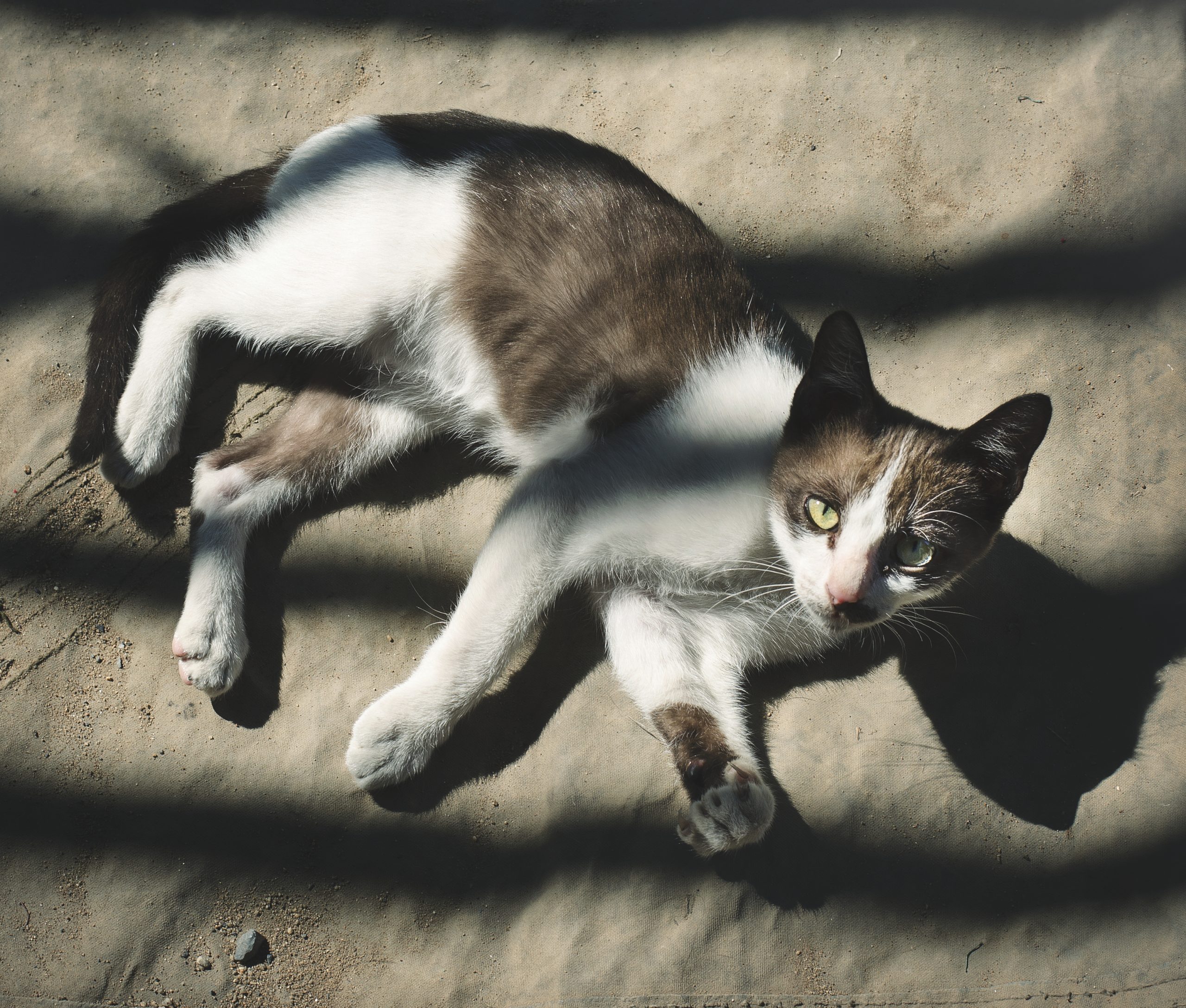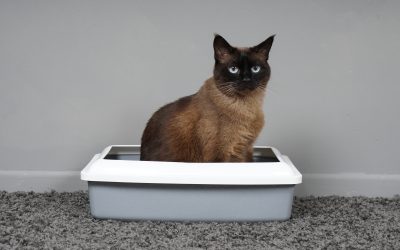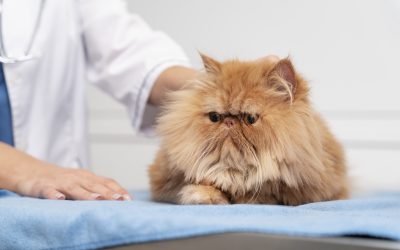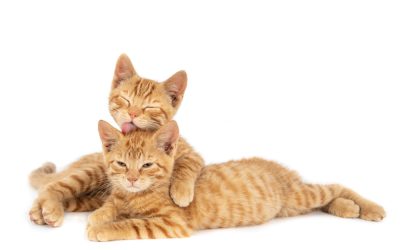What Does It Mean When a Cat Loafs?

Cats have a language all their own, and sometimes, they “speak” volumes without saying a word. One of the most endearing feline poses is the classic cat loaf, when a cat tucks its paws under its body, resembling a freshly baked loaf of bread. It’s not just adorable, it can also offer helpful insights into your cat’s comfort, health, and mood.
In this guide, we’ll explore what the loaf position means, when to appreciate it, and when it might signal something more than just a cozy nap.
What Is the Cat Loaf and Why Do Cats Do It?
The loaf pose is more than just cute; it’s a sign that your cat feels safe and at ease. Cats tend to loaf when they’re relaxed but still alert, making this position both restful and ready. If your cat often chooses this posture near you, it’s a quiet sign of trust and comfort.
In cooler environments, loafing also helps cats conserve their body heat. By tucking their paws and tail underneath them, they retain body heat more efficiently. This is especially common during colder months or in homes with air conditioning.
That said, it’s good to be aware of any changes in how often or how long your cat loafs. While usually a positive sign, excessive loafing combined with low energy, changes in eating, or withdrawn behavior could indicate your cat isn’t feeling their best.
How Loafing Reflects Feline Instincts
Loafing is a clever blend of comfort and caution. Unlike when your cat stretches out in total relaxation, the loaf position allows for a quick response if needed. Cats evolved as both predators and prey, and the loaf allows them to rest while remaining ready to move.
It can also serve as a form of non-threatening communication. In multi-pet homes or new surroundings, a loafing cat might be signaling calm or neutrality, which can help prevent conflicts.
Reading the Loaf: What to Look For
A cat’s body language tells you a lot, especially when it comes to loafing. Here’s what to observe:
- Relaxed loaf: Ears in a natural position, soft eyes, loose body, and maybe even a gentle purr. This means your cat is content.
- Tense loaf: Wide eyes, stiff muscles, and a flicking tail might signal discomfort, anxiety, or pain.
How Breed Can Influence Loafing
Some cats are naturally more prone to loafing than others. For instance:
- Munchkins or other short-legged breeds may loaf more often due to comfort and body structure.
- Highly active breeds, such as Bengals or Abyssinians, might spend less time lounging and more time exploring.
Hairless or short-coated breeds, such as Sphynx or Siamese, may loaf more often to preserve warmth.
Knowing your cat’s breed tendencies can help you understand what’s normal for them.
When to Worry About Your Cat’s Loafing Behavior?
Loafing is usually nothing to worry about, but keep an eye out for signs that something’s off:
- Sudden increase in loafing, especially with low energy, or hiding
- Changes in appetite, grooming, or litter box habits
- Tense loafing that seems more rigid than restful
Furthermore, in the PetMD article, it’s explained that: “Any sudden change in behavior should increase your level of concern about a cat,” Dr. Beaver says. “If the cat spends a lot of time loafing when [they] didn’t before, it could be a sign that [they’re] running a fever and not feeling good.”
Dr. Sung suggests keeping a close eye on your cat’s body language to gauge how they’re feeling.
“When a cat is in the loaf position with their face planted down or body more in a hunched position, these signs may indicate they’re either very tired or not feeling well,” Dr. Sung says. “If you interact with them by reaching out to gently pet them or speak with them, cats who are ill may have a reduced response and not move from that position.”
Tips for Encouraging Healthy Loafing
Creating a loaf-friendly environment is a wonderful way to support your cat’s natural behavior:
- Offer cozy spots with soft bedding in calm, quiet areas.
- Provide warmth, especially in colder seasons. Heated beds or sunny window perches are great loafing spots.
Use positive reinforcement: When your cat loafs near you, offer gentle praise or treats to create a positive association.



